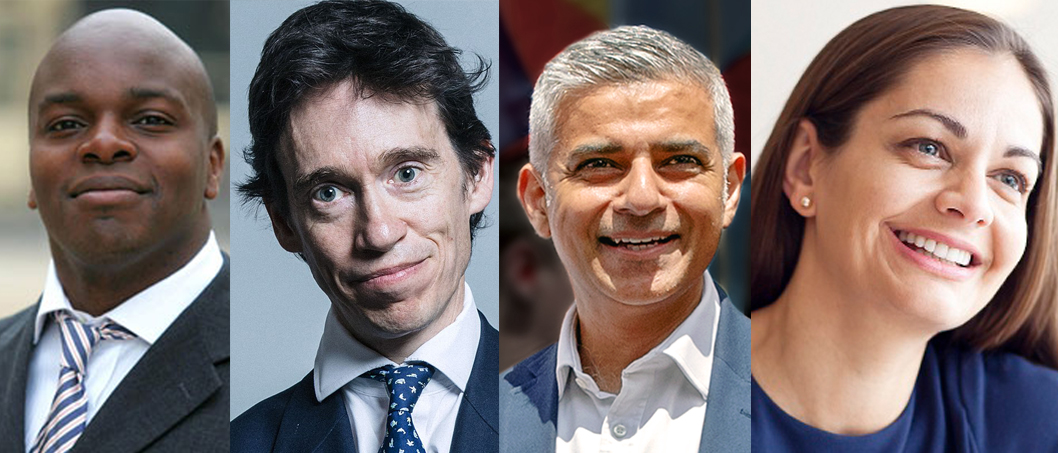On Friday, Rory Stewart, the MP for Penrith and The Border announced that he would be stepping down from his role in order to stand as an independent candidate for the position of London Mayor.
In a video posted on Twitter, Stewart said he would be “leaving that gothic shouting chamber of Westminister” in order to get back to making local change.
Stewart joins current Mayor of London Sadiq Khan (Labour), Shaun Bailey (Conservative) and Siobhan Benita (Liberal Democrat) in the race for mayor. But how do each of the candidates stack up on human rights?
Rory Stewart – Independent
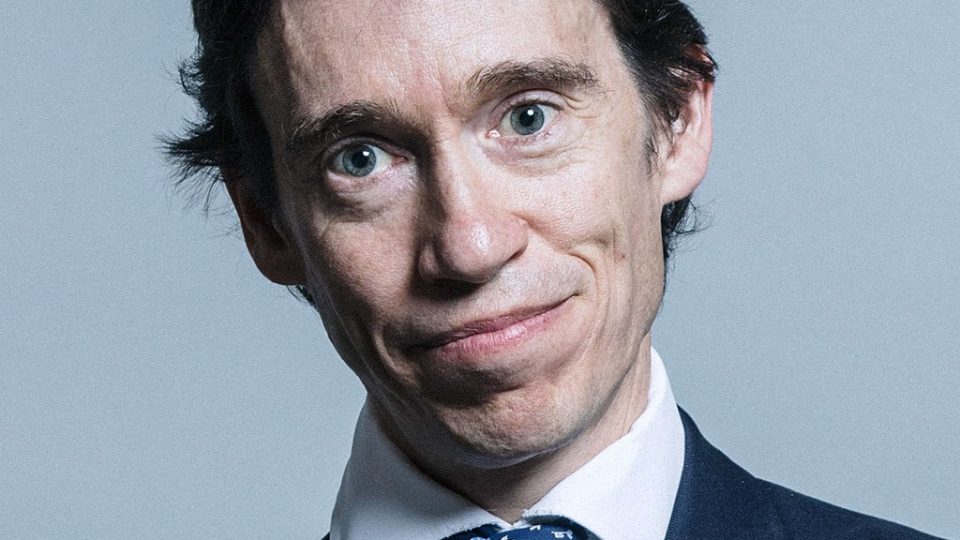
Image Credit: Chris McAndrew/Wikimedia
Before entering into politics, Rory Stewart briefly worked as an infantry officer in the Army before joining the diplomatic service. He was elected as an MP in 2010 and worked as a minister in the Justice Department and Foreign Office, before being appointed International Development Secretary.
Stewart reportedly became a professor of human rights at Harvard University in 2010, aged only 37.
In a 2013 parliamentary debate, he appeared to speak in detail about the philosophical merits of human rights, saying: “Human rights are based on notions of dignity and of inviolability, and they are in their nature universal. To say that somebody has a human right is a statement about their moral status.”
Human rights are based on notions of dignity and of inviolability, and they are in their nature universal.
Rory Stewart, Secretary of State for International Development
However, he criticised the European Court of Human Rights, saying that it is “using the wrong principles to come to the wrong judgments”.
His voting record shows that he voted in line with the Conservative Party to scrap the Human Rights Act in 2016, and the Charter of Fundamental Rights in 2018. He has also voted for the bedroom tax, voted against giving those with disabilities and illness extra support, and voted for huge cuts to local councils.
Sadiq Khan – Labour
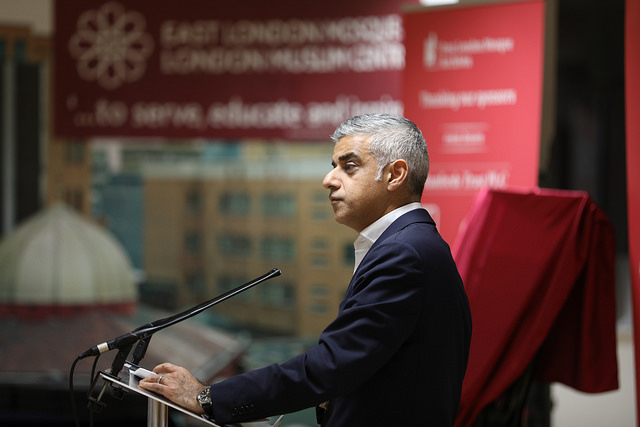
Image Credit: East London Mosque/Flickr
Prior to being elected into parliament, Sadiq Khan had a long employment record in the human rights sector. After earning his law degree from the University of North London, Khan went on to work as a solicitor specialising in human rights, while also chairing the human rights charity Liberty for three years.
He began working in politics as a councillor for Wandsworth in 1994, before being elected as the MP for Tooting in 2005. As an MP, he consistently voted for LGBTQ+ equality, against reducing housing benefits, for rising welfare benefits and against stricter enforcement of immigration.
Since his election in 2016, Khan, who is the first Muslim Mayor of London, has set his sights on making London a beacon of equality.
Britain needs to be a beacon of respect for human rights, and use its moral leadership to put pressure on others.
Sadiq Khan, Mayor of London
As part of his 2020 re-election bid, Khan is focusing on the introduction of fair renting in the capital, making public transport even cheaper, tackling air pollution, and driving crime numbers down.
He is also passionate about human rights and protecting them in the face of Brexit, writing in The Guardian on the anniversary of the Universal Declaration of Human Rights: “We must all step up to provide stronger leadership on human rights. Britain needs to be a beacon of respect for human rights, and use its moral leadership to put pressure on others.
“It is essential for freedom, justice and peace in the world. London stands proud as the capital of a nation where differences among people are not only tolerated, but respected and celebrated.”
Shaun Bailey – Conservative
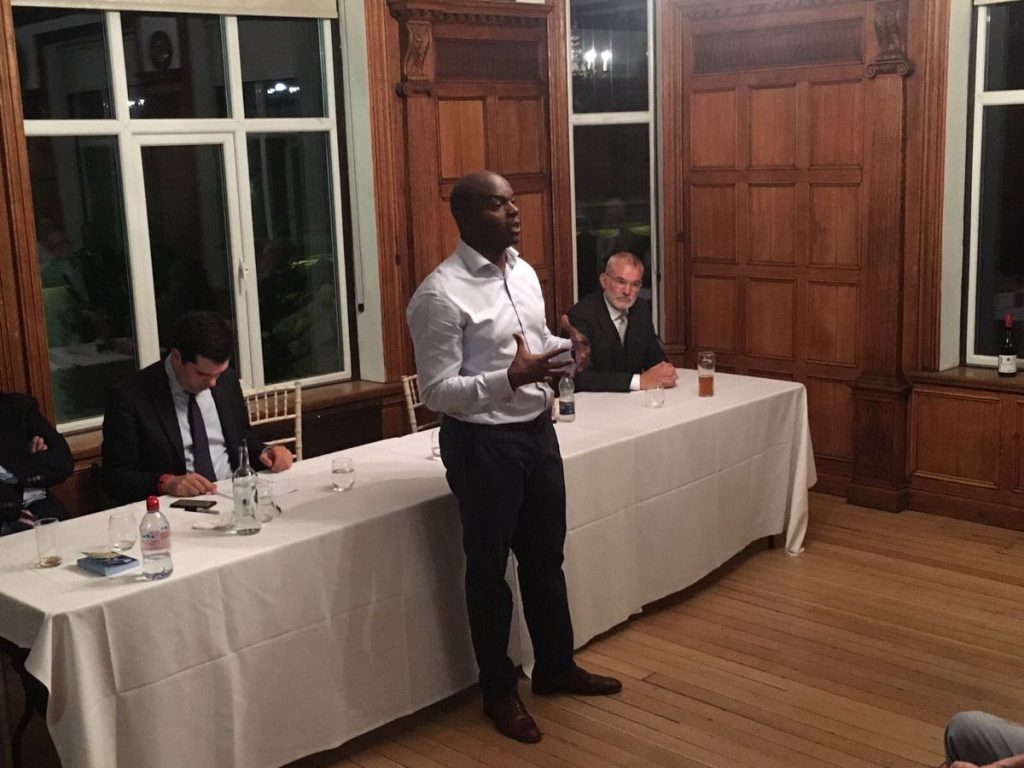
Image Credit: Shaun Bailey
Before starting his career in politics, Shaun Bailey was a youth worker and in 2006, he co-founded MyGeneration, a charity addressing the social problems that affect struggling young people and their families.
Just a year later in 2007, he was selected as the Conservative candidate for Hammersmith, a newly created seat but he failed to win the seat in the 2010 election.
During the run-up to the election, it was revealed by The Times that MyGeneration was spending nearly half of its income on publicity and admin, and thousands of pounds had been spent without any record. The charity was later closed down in 2012 amid funding problems, and but Bailey has continued to work with the Conservatives despite not being an MP.
Last year, he faced accusations of Islamophobia and Hinduphobia when he retweeted a tweet calling Sadiq Khan the “mad mullah of Londonistan”.
The tweet led to a deeper dive into his past, and a pamphlet which he wrote for the Centre for Policy Studies called ‘No Man’s Land’ was discovered. In it, Bailey wrote that Britain was being “robbed” of its community by Muslims and Hindus, and that “without our community we slip into a crime riddled cesspool”.
Bailey was defended by the former Conservative Party Deputy Chairman, James Cleverly, who said that he was implying black boys were drifting into crime as a result of learning more about faiths other than “their own Christian culture”
He was also accused of sexism by Labour MP Rosena Allin-Khan for comments he made in 2007 arguing that free contraceptives would “encourage” teen pregnancy, and praising his teachers because “they were men, then.”
Siobhan Benita – Liberal Democrats

Image Credit: Wikimedia Commons
Siobhan Benita began working in the civil service for the Department for Transport in 1996 and after 10 years as a policy adviser, she made the switch to the Cabinet Office to focus on communications where she helped to create a network of women throughout the public sector.
In 2009, she joined the Department of Health and in 2012, she left to stand as an independent candidate for the Mayor of London elections.
Despite not being elected in 2012, Benita has decided to give candidacy another shot, but this time on behalf of the Liberal Democrats.
If elected, Benita has promised there will be more car-free days in the capital, an end to the knife crime crisis, a reward for restaurants with vegan options, as well as a pledge to champion freedom of movement.
Siân Berry – Green Party
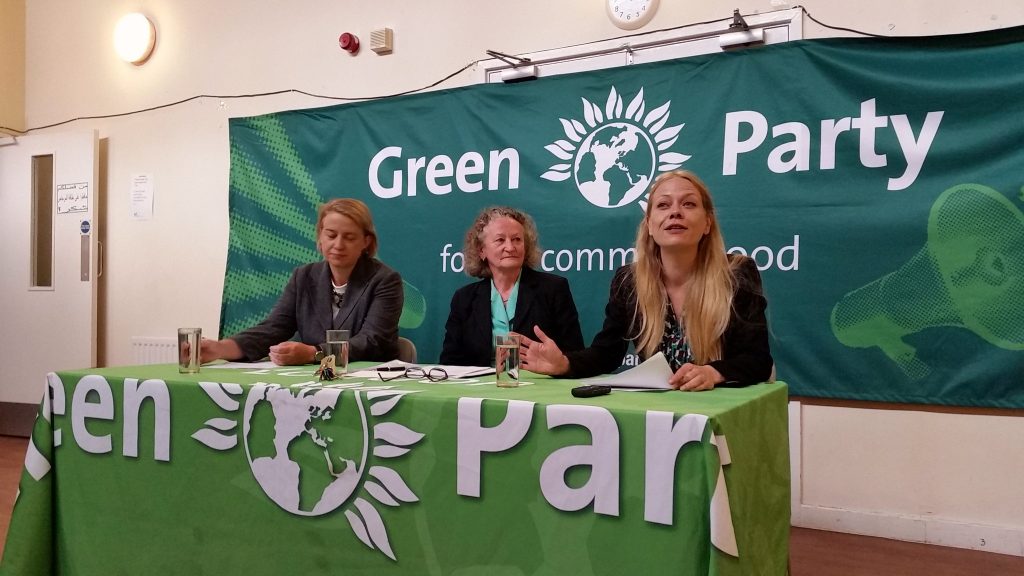
Image Credit: Flickr
Siân Berry is a politician who has been part of the Green Party since 2001. In September, she became co-leader of the party. She has previously stood as the mayoral candidate for the Green Party in 2008 and 2016, when she came third.
Aside from centring green policies at the heart of her political work, Berry has been involved in a number of social justice campaigns, such as the Fair Pay Network. The network is working to end poverty pay in the UK, and Berry is a patron.
She is also a staunch critic of the use of ‘spit hoods’ by the London met. The hoods are a mesh mask which are used to restrain someone from spitting or biting.
Data from the Mayor of London found that the hoods had been used on 704 Londoners – including 36 people under the age of 18 and at least one 80-year old.
“The use of spit hoods is an extremely dehumanising tactic and I am convinced that alternative protection should be provided to police officers at risk of infection in cases of extreme behaviour,” Berry said.
Berry is also focussed on putting an end to the housing crisis – writing in The Guardian that “as a country we urgently need to put the human right to housing first.”
Prof. Sue Black – Women’s Equality Party
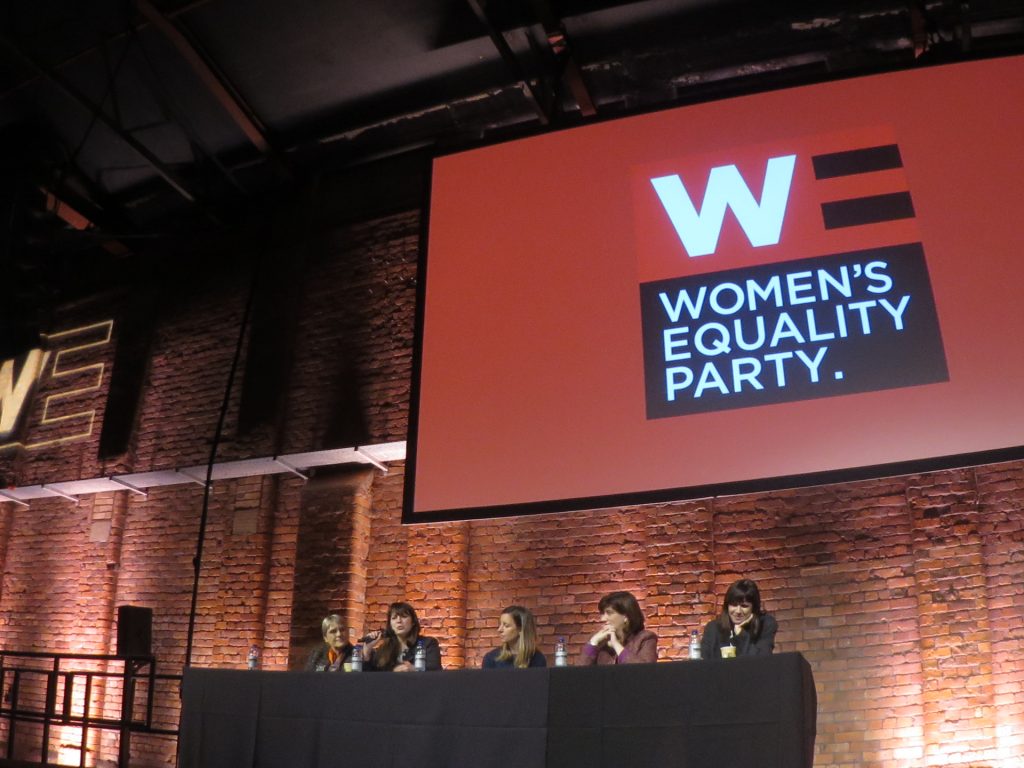
Image Credit: WEP/Flickr
Professor Sue Black was announced as WEP’s interim party leader and candidate for the mayoral election in August. She is a professor at Durham University, a computer scientist, government adviser and social entrepreneur. She is also a single mother of three children after leaving her abusive relationship 30 years ago.
Speaking about her candidacy, Black said that she hoped to build up women’s services in the capital similar to those which allowed her to leave her abusive relationship.
She said: “I left an abusive relationship 30 years ago as a single mother of three children. I know the value of women’s services, childcare, education and communities because without them I wouldn’t have been able to rebuild mine and my children’s lives in the way I have.
“I now have an incredible career because of the opportunities I had, and I see the limitations politics is currently placing on women like me by taking away those opportunities. I want to change that.”
Other Independent Candidates
Charlie Mullins, the founder of Pimlico Plumbers, is also running for the position.
Mullins founded his London plumbing business in 1979 and is now thought to be worth £70 million. He used to be a prominent funder of the Conservative party, and worked as an aide to both David Cameron and George Osborne. He left the Conservatives when he announced his decision to run for Mayor of London in January 2018.
Mullins is a staunch Remainer and has said that he would fund the Liberal Democrats to help them prevent Brexit.
Mullins and his company were involved in a key High Court case on workers’ rights which set precedent for gig economy workers.
The case was brought forward by Gary Smith, who had worked solely for Pimlico for a period of six years, wearing their uniform, and driving a company vehicle. However, Pimlico Plumbers said that he was a freelance contractor and did not give him any of the benefits he would have had if he was on a contract, such as paid holiday and sick time.
The Supreme Court found in Smith’s favour. Mullins said that he was ‘disgusted’ by the court’s approach and that the decision would “only lead to a tsunami of claims.”
Rosalind Readhead, who is campaigning on environmental issues, is also running as independent candidates.
EDITOR’s NOTE: Updated on 7 October 2019 to include all candidates who have announced their intention to run.

